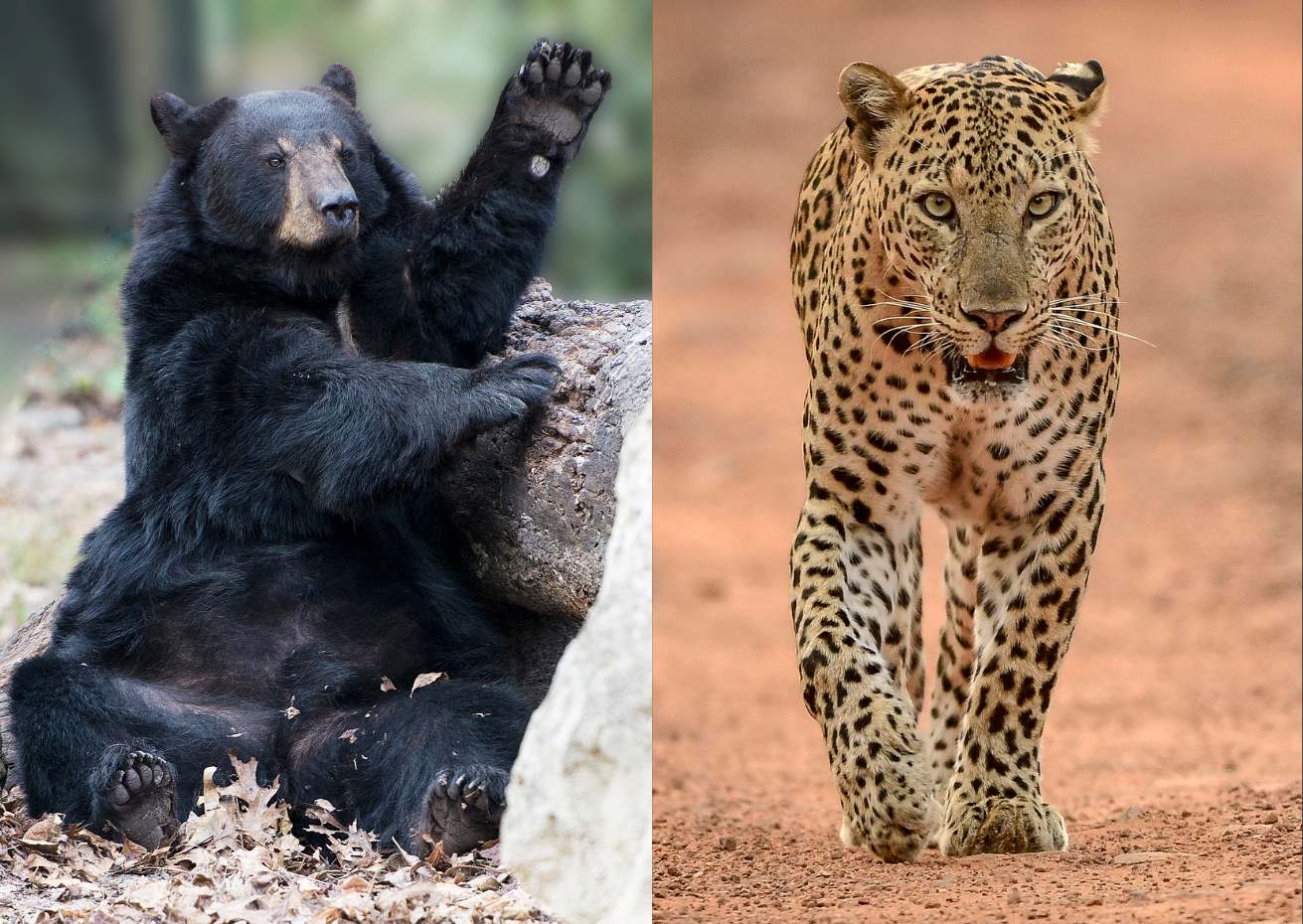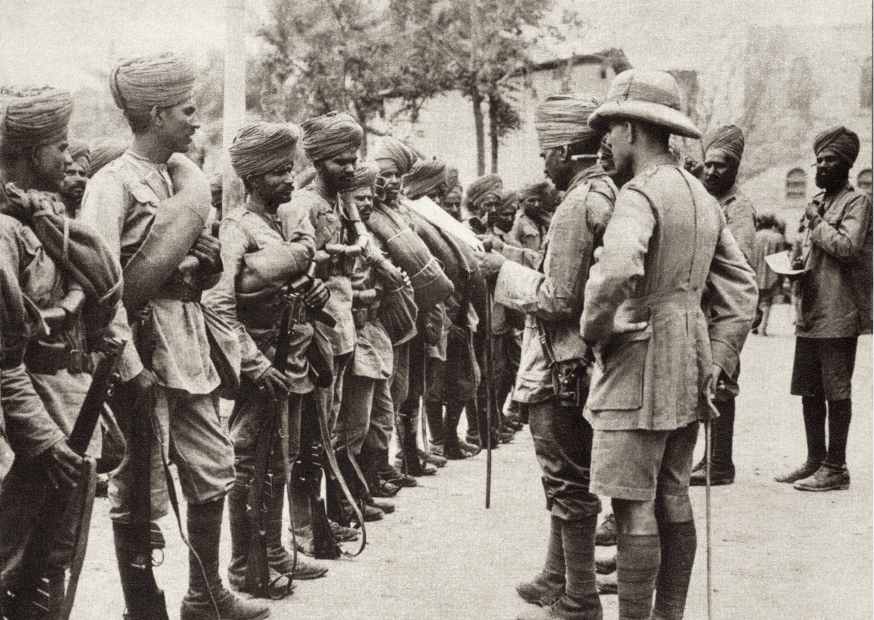Between 1796 and 1948, the British Empire wielded considerable influence over the island nation of Sri Lanka (then known as Ceylon). During this period, the hunting of wild game was not only encouraged but also celebrated as a sport. One prominent figure in this era of hunting was Major Thomas William Rogers, who left an indelible mark on the island by claiming the lives of approximately 1,500 elephants within a decade. This article explores the complex history of wild game hunting in Sri Lanka during British rule, the motivations behind it, and the legacy it left behind.
The Colonial Context
British colonization of Sri Lanka began in 1796 when they took control of the island from the Dutch. The British established their rule over the island for almost 152 years, ending in 1948 when Ceylon gained independence. During this time, they transformed various aspects of Sri Lankan society, including its approach to wildlife.
Wild Game Hunting as a Sport
under British rule, hunting transformed into a recreational sport for the colonial elite. British officials, planters, and military officers like Major Thomas William Rogers took part in these expeditions as a form of entertainment.
Major Thomas William Rogers: The Elephant Hunter
Major Thomas William Rogers stands out as one of the most infamous figures in Sri Lanka’s history of wild game hunting. Rogers, a British military officer, earned notoriety for his relentless pursuit of elephants. Within a mere ten years, from 1898 to 1908, he claimed the lives of around 1,500 elephants.
Rogers’ actions were not only brutal but also symbolized the excesses of the British colonial era. His hunting exploits brought him fame and accolades within the hunting community, but they also drew the ire of conservationists and local populations who witnessed the devastation caused by his activities.
Legacy and Conservation Efforts
The legacy of British-era wild game hunting in Sri Lanka is a mixed one. While it undoubtedly led to the depletion of wildlife populations, including elephants, it also raised awareness about the need for conservation. In the decades following independence, Sri Lanka has taken significant steps to protect its natural heritage.
The Wildlife Protection Ordinance of 1937 was a crucial early step in the country’s conservation efforts. Subsequent initiatives, such as the establishment of national parks and the strict regulation of hunting, aimed to reverse the damage caused by unbridled hunting during the colonial era.
As Sri Lanka moved towards independence and greater environmental awareness, efforts were made to reverse the damage done to the island’s wildlife. Today, the nation stands as a testament to the importance of conservation, highlighting the need to protect our natural heritage for future generations.





